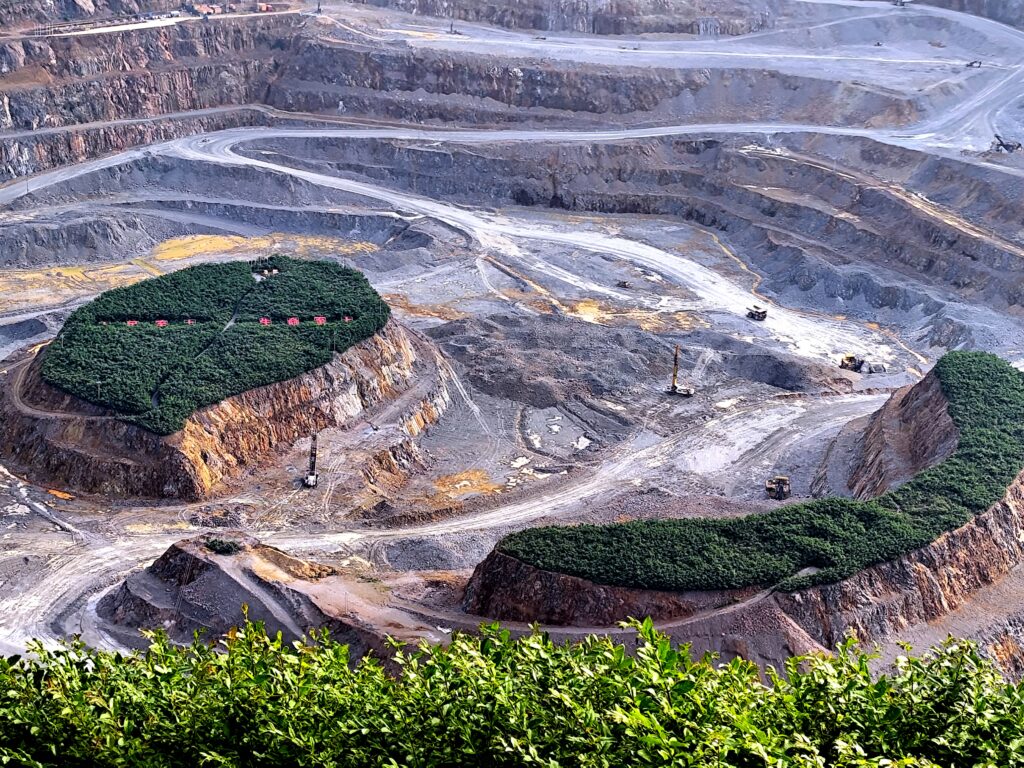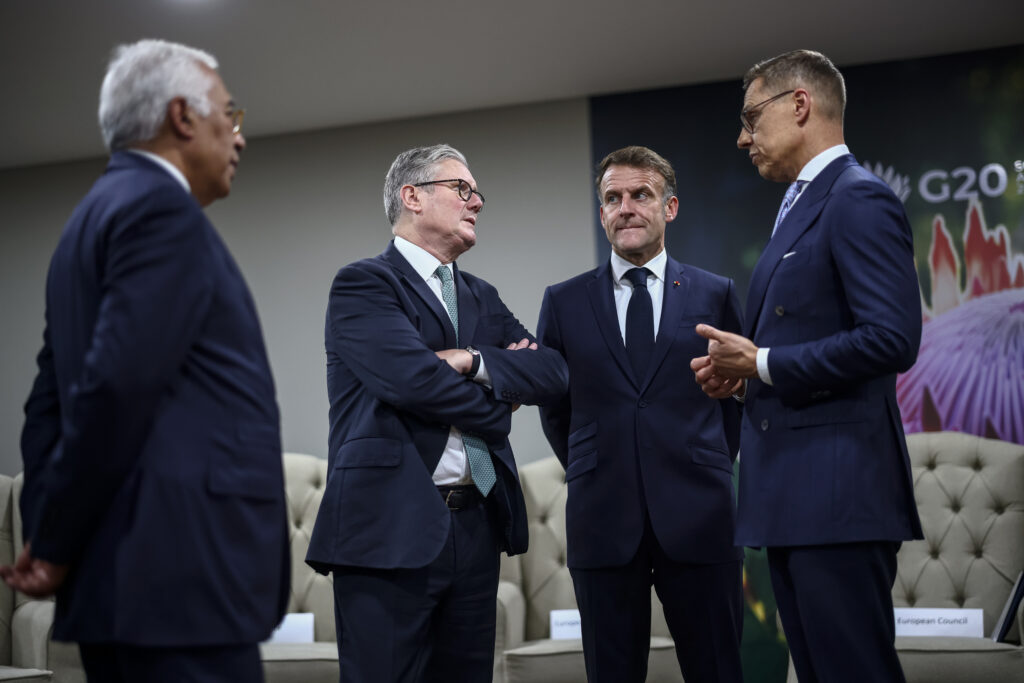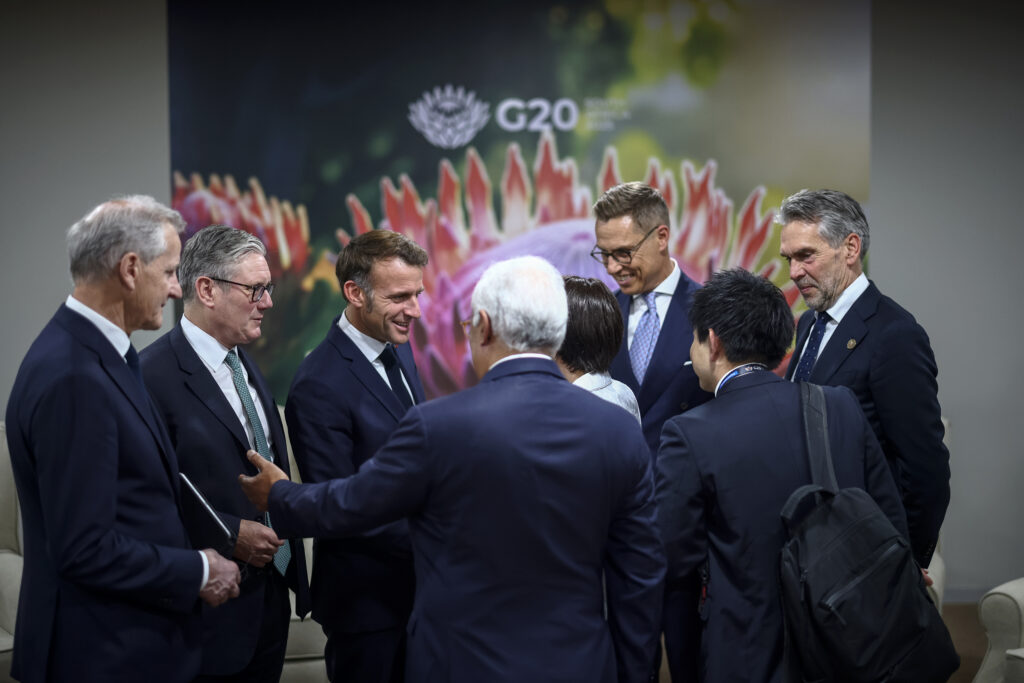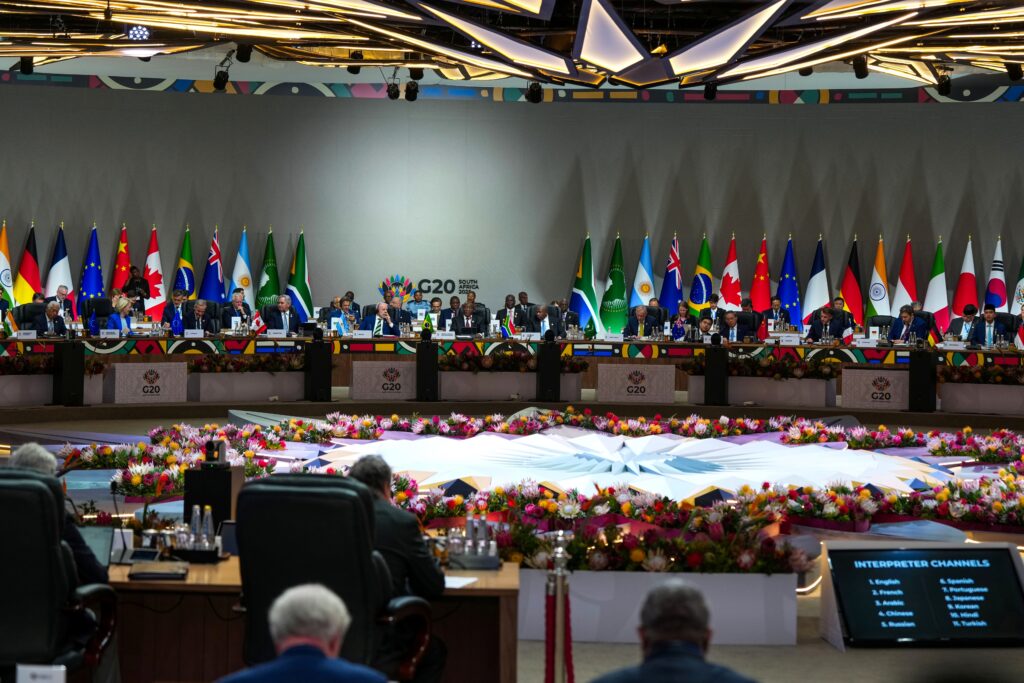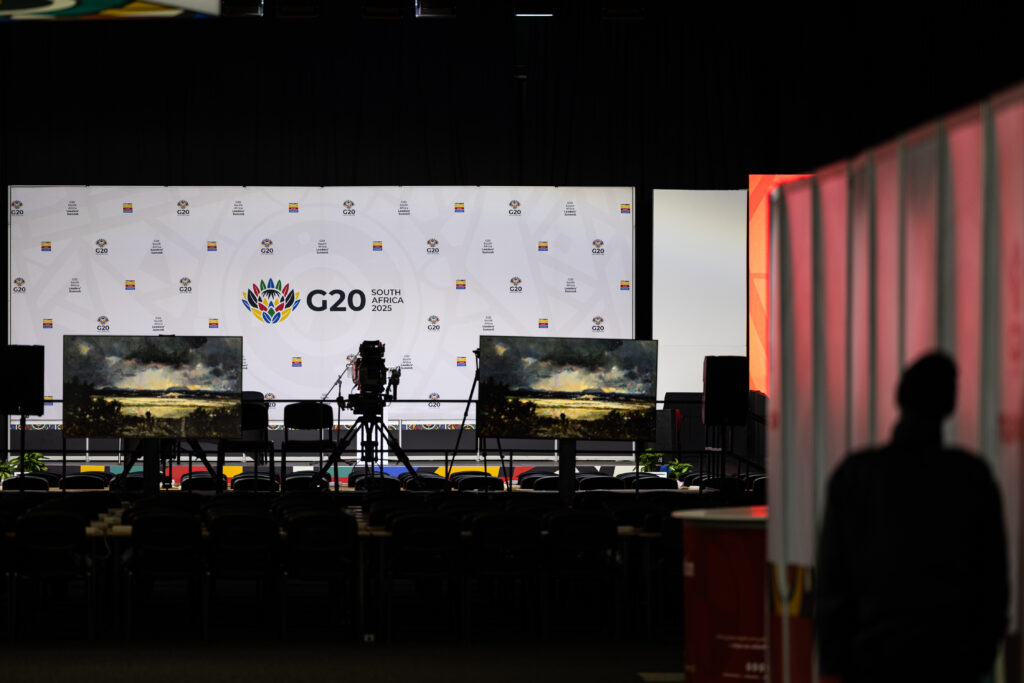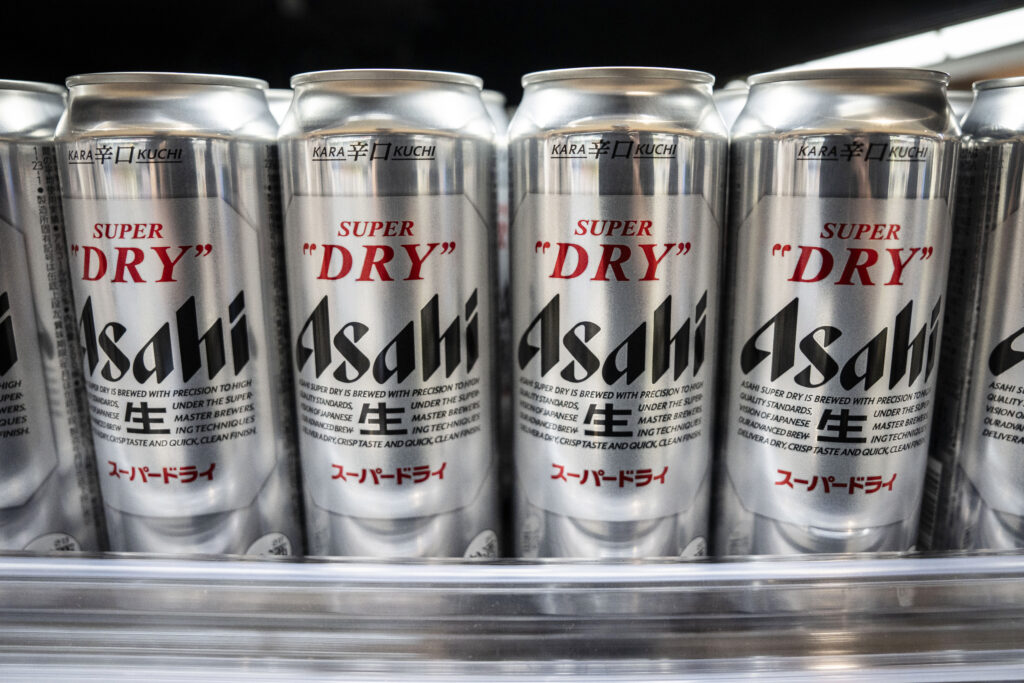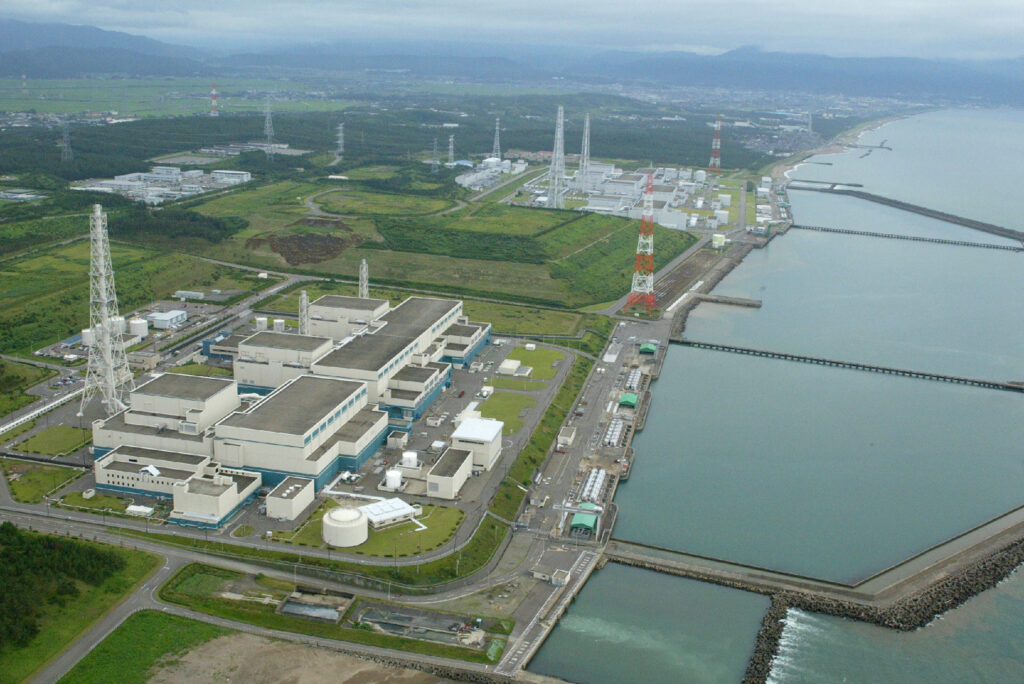Asian stocks rise as US rate hopes soothe nerves after torrid week
Asian markets mostly rose Monday as fresh hopes for a US interest rate cut provided some calm after last week’s rollercoaster ride fuelled by worries of a tech bubble.The scramble to snap up all things AI has helped propel equities skywards this year, pushing several companies to records — with chip titan Nvidia last month becoming the first to top $5 trillion.But investors have grown increasingly fearful that the vast sums pumped into the sector may have been overdone and could take some time to see profits realised, leading to warnings of a possible market correction.That has been compounded in recent weeks by falling expectations the Federal Reserve will cut rates for a third successive time next month as stubbornly high inflation overshadows weakness in the labour market.However, risk appetite was given a much-needed shot in the arm Friday when New York Fed boss John Williams said he still sees “room for a further adjustment” at the bank’s December 9-10 policy meeting.The remarks saw the chances of a cut shoot up to about 70 percent, from 35 percent earlier.Focus is now on the release this week of the producer price index, which will be one of the last major data points before officials gather, with other key reports postponed or missed because of the government shutdown.”The reading carries heightened importance following the postponement of October’s personal consumption expenditures report, originally scheduled for 26 November, which removes a key datapoint from policymakers’ assessment framework,” wrote IG market analyst Fabien Yip. “A substantially stronger-than-expected PPI outcome could reinforce concerns that inflationary pressures remain entrenched, potentially constraining the Fed’s capacity to reduce rates in December despite recent labour market softening.”After Wall Street’s rally Friday capped a torrid week for markets, Asia mostly started on the front foot.Hong Kong and Seoul jumped more than one percent, while Sydney, Singapore, Wellington and Taipei were also well up, though Shanghai and Manila retreated. US futures advanced.Tokyo was closed for a holiday.But while the mood is a little less fractious than last week, uncertainty continues to weigh on riskier assets, with bitcoin hovering around $87,000. While that is up from its seven-month low of $80,553, it is still sharply down from its record $126,200 hit last month.- Key figures at around 0230 GMT -Hong Kong – Hang Seng Index: UP 1.4 percent at 25,568.08Shanghai – Composite: DOWN 0.1 percent at 3,829.71Tokyo – Nikkei 225: Closed for a holidayDollar/yen: UP at 156.70 yen from 156.39 yen on FridayEuro/dollar: DOWN at $1.1515 from $1.1519Pound/dollar: DOWN at $1.3096 from $1.3107Euro/pound: UP at 87.92 pence from 87.88 penceWest Texas Intermediate: DOWN 0.2 percent at $57.93 per barrelBrent North Sea Crude: DOWN 0.2 percent at $62.44 per barrelNew York – Dow: UP 1.1 percent at 46,245.41 (close)London – FTSE 100: UP 0.1 percent at 9,539.71 (close)

